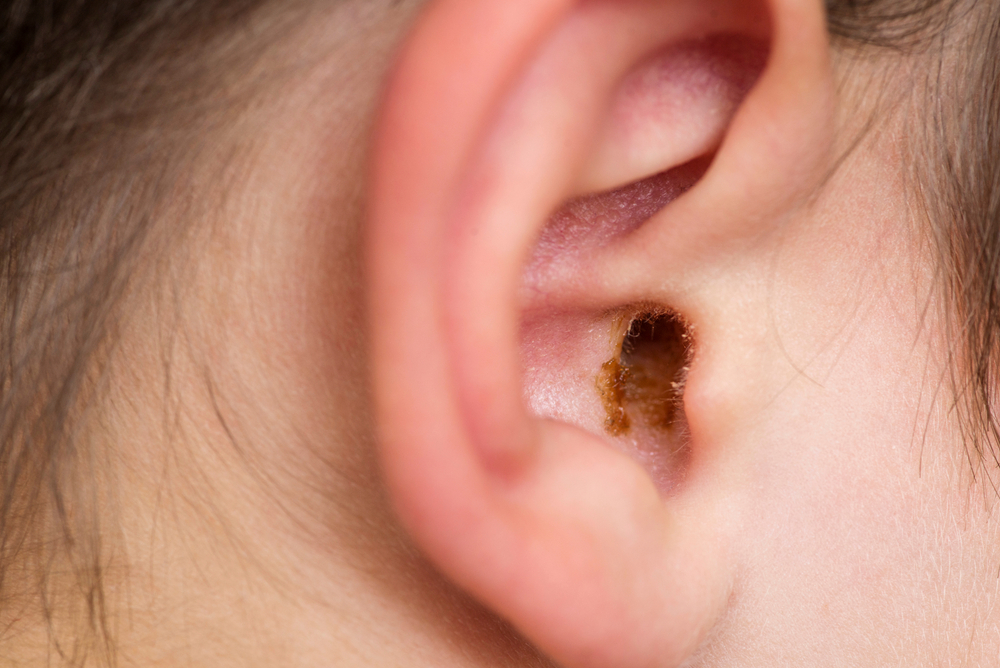
Chances are, earwax and its buildup haven’t been subjects of significant consideration for you, except maybe during ear hygiene sessions. However, understanding what causes earwax, how it develops, and its purpose is essential.
So why does earwax accumulate?
Earwax, also technically called cerumen, is composed of a mix of sweat, skin particles, hair, debris, and ceruminous gland secretions. Earwax will show up as a waxy substance that will typically be yellow, orange, brown, or even grey.
While the production amount of earwax varies from person to person, adults usually produce less earwax than kids. Moreover, adult earwax tends to be darker and denser compared to that of kids.
Earwax passes the outer ear canal leisurely, ultimately reaching the ear opening, where it either self-expels or gets washed away when you bathe.
Why do we need earwax?
Here are a few important functions that earwax serves:
- Preventing itchiness and dryness by moisturizing and safeguarding the lining of the ear canal.
- Fending off possible infections that might arise within the ear canal.
- Acting as a protective barricade against outside irritants such as dirt, dust, and other foreign particles before they penetrate deeper into the ear.
Blockages caused by earwax
Impacted earwax is a common problem, but it’s typically the only time you need to be concerned about it. Impacted earwax can stem from narrow or unusually shaped ear canals impeding the normal movement of earwax toward the ear’s opening.
Poor ear hygiene methods, like using cotton swabs or bobby pins, can inadvertently push wax deeper into the ear canal.
Earwax blockages are often experienced by individuals who frequently use earplugs, earbuds, or hearing aids.
How is hearing impacted by too much earwax?
The occurrence of earwax blockages may yield mild discomfort and impact auditory health.
Also, substantial accumulations of earwax can trigger tinnitus, a sensation of ringing in the ears.
Untreated earwax blockages may escalate into middle ear infections, perforated eardrums, or enduring hearing loss due to acoustic trauma.
Addressing impacted earwax
It’s essential that you contact us as soon as you can if you think your ears are blocked by earwax. Depending on the extent of the blockage, you might be advised to utilize over-the-counter wax softening drops or a bulb syringe for delicate irrigation to alleviate the condition.
If you’re concerned about your earwax buildup, call us today to schedule an appointment.
